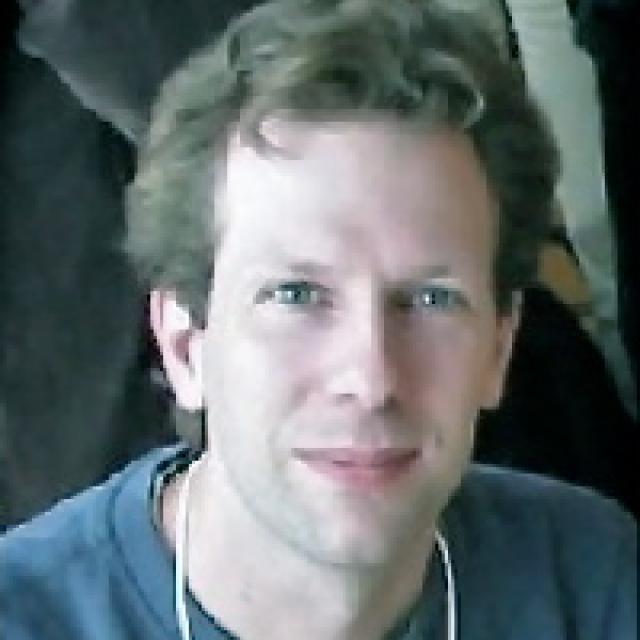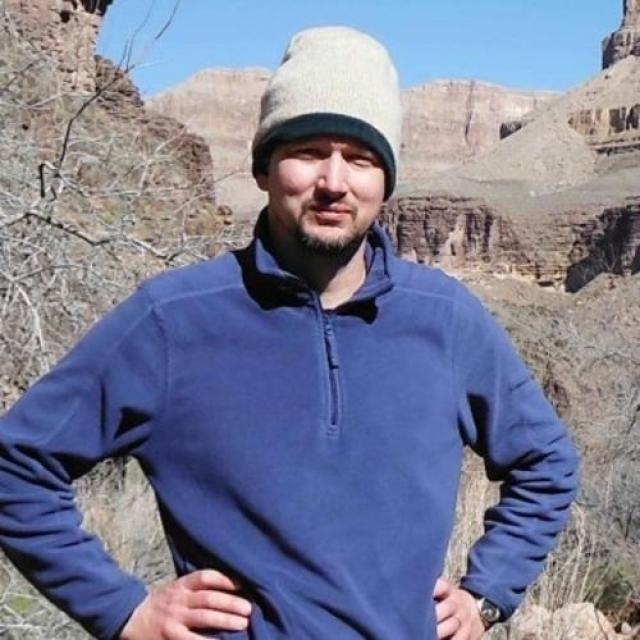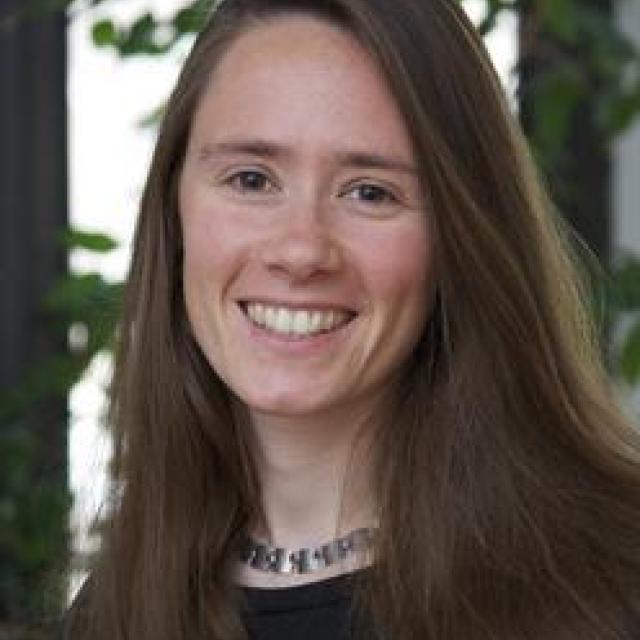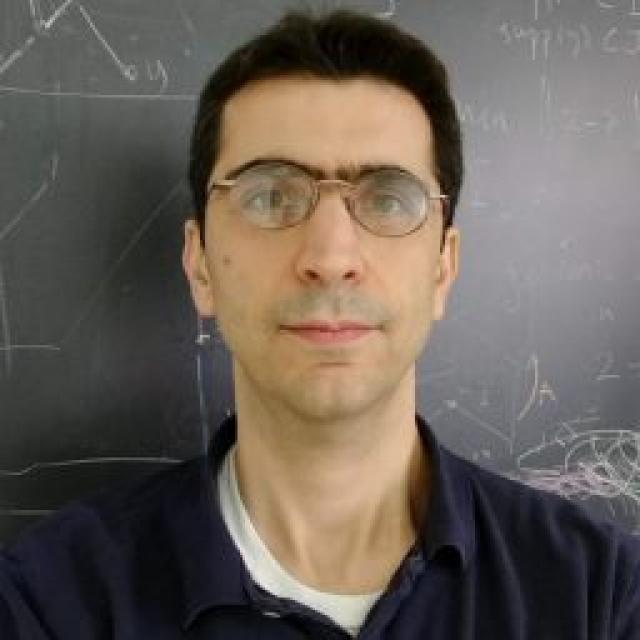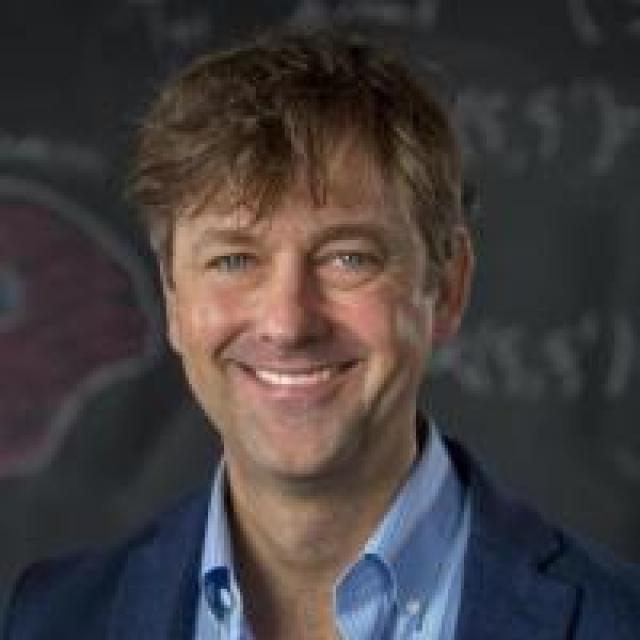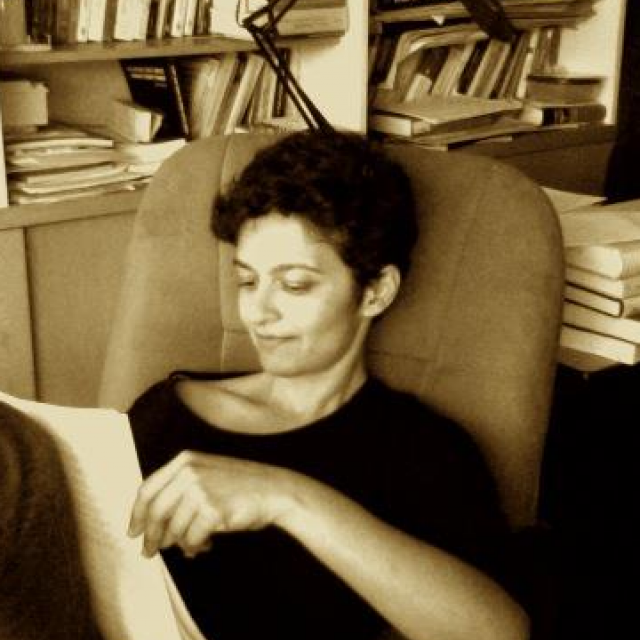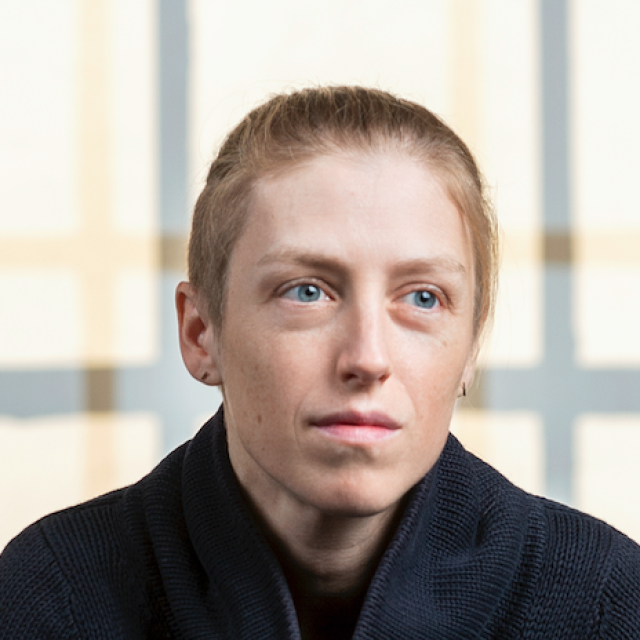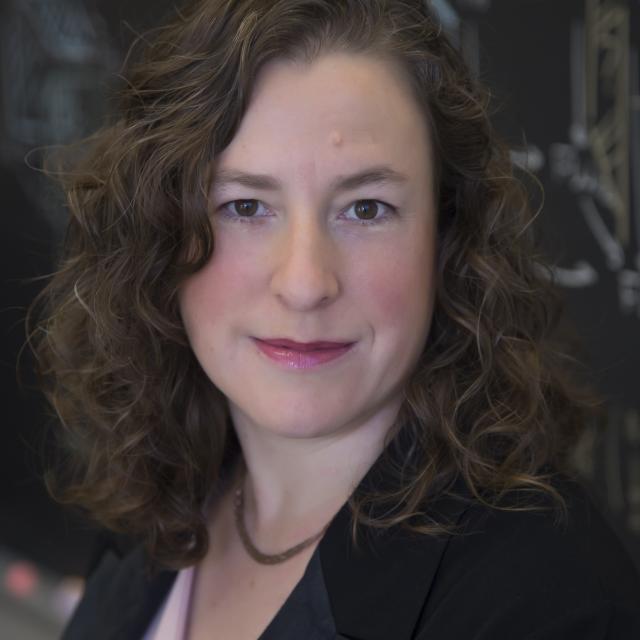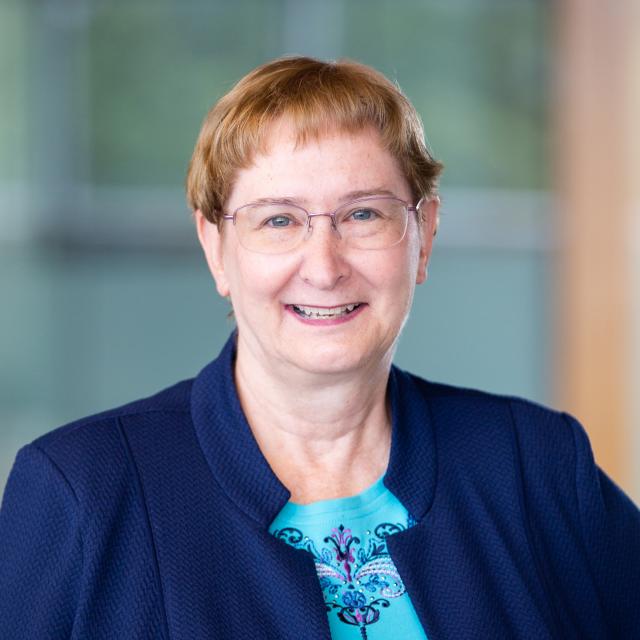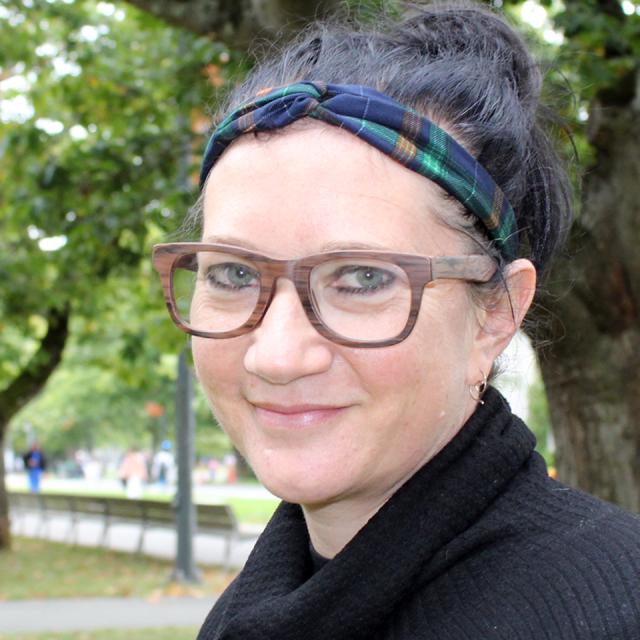Scientific Review Panel
The scientific activities of the Pacific Institute for the Mathematical Sciences are reviewed by an arm's-length Scientific Review Panel (SRP) of experts from various fields of the mathematical sciences. The SRP meets once a year to make recommendations to the Board on the selection of upcoming scientific activities.
Past SRP Members
PIMS would like to thank the following people for their past membership and participation in the PIMS Scientific Review Panel
